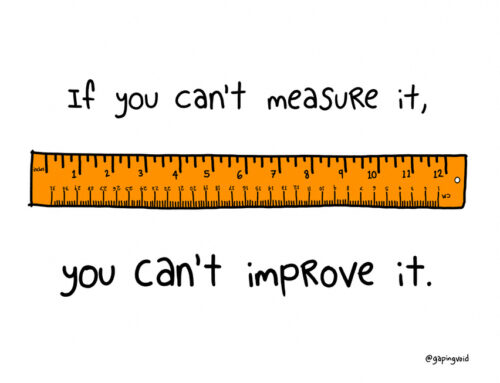How to Utilize Passive Change Agents
October 16, 2019
Categories: Change
When trying to make a change in their life, most people utilize active change agents. What I mean by “active” is that the change effort involves doing something proactive. You have to keep applying energy to get going and maintain your change. For example, you get going on a diet and exercise program. Or you attend counseling and begin working to address an interpersonal problem. Maybe you put yourself on a work improvement program, or a system to help you stop biting your nails.
Active Change Efforts
Active change efforts are important. For many things in life, we have to apply discipline and effort over a long period of time to see results. Active change efforts work, and I would never try to dissuade someone from starting one.
The Power of Passive Change Agents
However, sometimes we neglect the power of passive change agents. Our environment and surroundings are powerful determinants of our actions and behaviors. We don’t often think about these factors, but if there is a way to get your environment working for you rather than against you, you might be able to super-charge your change effort.
Drug and Alcohol Addiction
Here’s an example from when I was working as a counselor at a facility that specialized in drug/alcohol addiction. In addition to working on things like strategies for reducing cravings, we talked a lot about the environment. For many clients, they would hang out in places that would encourage them to drink and use drugs. Or, they kept alcohol in the house, so when they were struggling, it would pretty easy to fall off the wagon. It helped a lot to make some changes in the environment (e.g., don’t even go to the bar to socialize, remove all alcohol from the house). Once these were in place, the change agent was passive. In other words, the person didn’t have to continue to remove alcohol from the house, because it was already gone.
Saving for Retirement
Here’s another example from my own life. I wanted to start saving more for retirement, but it was tough to do. It seemed like all the money I made went to something we needed—house payment, food, etc. There wasn’t usually any money “leftover” after our monthly expenses were done. However, I made a change and had my retirement savings automatically withdrawn from my paycheck—before I even saw it. This was a passive change agent—the change happens regularly without me having to apply extra energy or effort. This type of change is much more likely to be maintained over time.
Take Home Message
If you’re struggling to make a change in your life, think about whether there might be a way to utilize passive change agents to super-charge your efforts. Take a look at your environment and think about how it relates to your change effort. Are your surroundings helping or hurting you? Are there things you could put in place so that the road to change might be easier rather than harder? You’re likely to have more success if the change is happening passively, without you having to put in a lot of extra effort.

Related Thoughts

Subscribe To My Newsletter
Join my mailing list to receive the latest blog posts.
Receive my e-book “The Mental Health Toolkit” for free when you subscribe.





